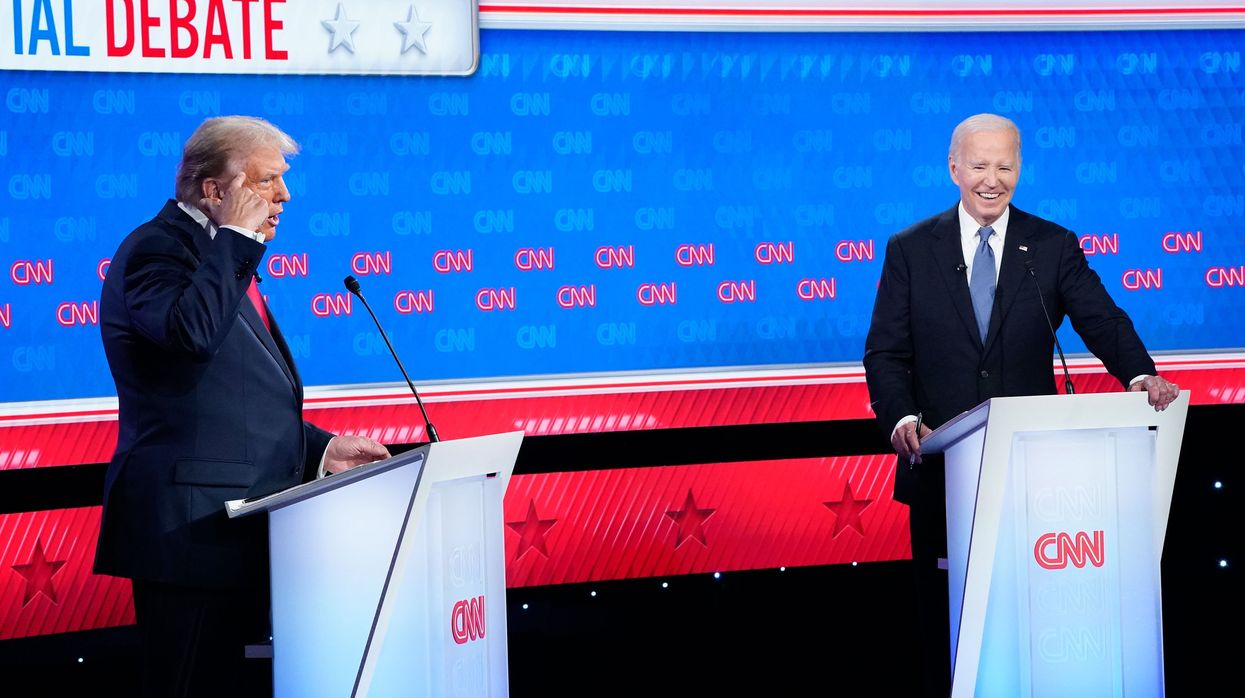Perls is founder and president of NM Open Elections and a former state representative in New Mexico.
It’s time to talk about how President Joe Biden’s withdrawal from the presidential campaign is related to our broken political system. This failing system got us to the point where we had the two major party candidates rejected by 70 percent of the electorate, according to most polls.
Biden and former President Donald Trump are not the problem — they are a symptom of a much deeper problem that has led to a deeply dysfunctional political system full of destructive polarization and hyper-partisanship.
You can be a Biden supporter and believe he should have stuck with what many thought was his promise to be a one-term president. He should never have considered running for a second term, but there was a whole political industry of elitist insiders surrounding him – from political appointees and lobbyists to consultants and major funders — who had too much to lose if he stepped down.
Let’s review what happened during the primary season controlled by the so-called elites, the political parties and Biden’s campaign team (as well as Trump’s): nothing. And let’s be clear, the Republican Party is just as broken as the Democrat Party.
There were no meaningful primaries and debates. Many primaries were canceled by the parties. Neither Biden nor Trump agreed to debate other credible candidates, so we had no idea how fit either one was to carry on a rational, thoughtful policy conversation. And most Americans came away from the Biden-Trump debate with the impression that neither candidate was well qualified to lead our country for the next four years.
What if the political parties did not control primary elections in the United States? What if both Biden and Trump actually had to run a primary campaign, debate opponents and face the voters early? Primaries are public elections and should not be subject to cancellation by a private club (which is what political parties are).
This party-controlled primary issue is especially problematic because, as Gallup showed in June, for the first time a majority of voters do not identify with either party. When you hear a talking head or a politician say America is divided in half between Republicans and Democrats, a more accurate picture is that half are independent, a quarter are Republicans and a quarter are Democrats. Yet, there are next to zero independent elected officials nationally.
Why do we have more choices of cereal and ice cream than presidential candidates? Why do private clubs control who can vote in the first round of public elections or even if such elections are held? That is not democracy.
This is no way to run a country and the little people are watching, not just the elites. It is time to fundamentally change the way we elect, district and finance candidates running for everything from county commission to the presidency. This is yet another reminder that it is time for the nation to adopt open, nonpartisan primaries and ranked-choice voting, so that all voters have their voices heard all the time.




















